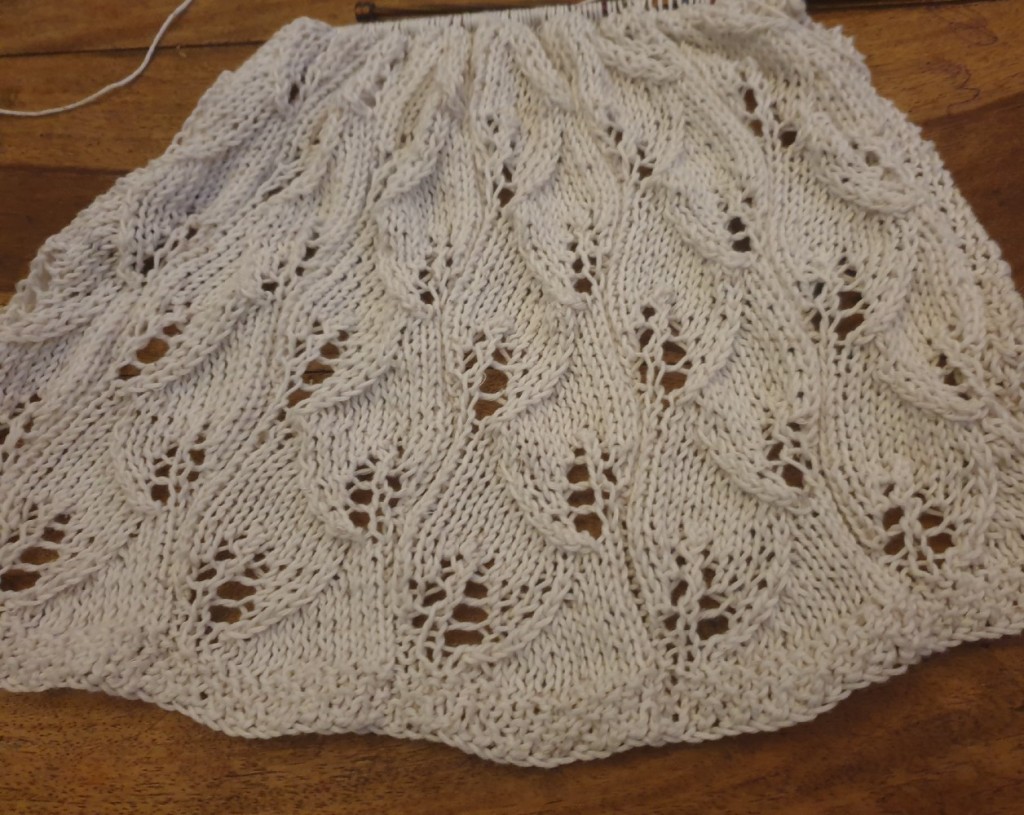Have you been through trauma? What is trauma? What are the signs and symptoms? How does trauma differ from finding something really difficult and not wanting to go through it?
If you have been through trauma I would be very interested to hear about your experience and coping techniques. If you have not been through trauma or aren’t sure, I would ask you to read through this to understand how to be kinder to people who are suffering from it. People who have been quite tough through difficult things are often awful at respecting the feelings of those who, through no fault of their own, have not managed to cope.
So, let us turn to the ever helpful Wikipedia for a definition of psychological trauma:
“Psychological trauma is damage to a person’s mind as a result of one or more events that cause overwhelming amounts of stress that exceed the person’s ability to cope or integrate the emotions involved, eventually leading to serious, long-term negative consequences. Trauma is not the same as mental distress or suffering, both of which are universal human experiences.”
And from mind.org.uk: Trauma is often distinguished by signs and symptoms:
- “vivid flashbacks (feeling like the trauma is happening right now)
- intrusive thoughts or images
- nightmares
- intense distress at real or symbolic reminders of the trauma
- physical sensations such as pain, sweating, nausea or trembling.”
Two other signs that I have come across before are: either talking about the event constantly or refusing to talk about it at all.
I have had three instances of trauma in my life. The two most prevalent, which I will be addressing here, are from childbirth and psychosis. Fortunately, for the psychosis I have been receiving good care and have been improving. Even though the first one was lengthier and objectively worse, my last psychosis has been very traumatic. Seeing and talking to people has been especially hard and I feel very isolated. However, I am being supported by health professionals and my family who understand what trauma is and are being very supportive.
Childbirth was different. I didn’t have any objective medical problems and everyone I talked to devalued my experience and told me that it should have been a good experience because it didn’t meet their definition of difficult. I should say I have been through natural labours quite well, so this is not just an issue of not being able to handle pain. I was utterly shocked about my experience and when I tried talking to other mothers I was made to feel ungrateful that I wasn’t willing to go through the pain for my child. This left me very alone and hurt.
I thought I had healed for several years, but my first psychosis triggered significant PTSD when I was in the hospital and pregnant. I had constant horrible flashbacks of that past labour before and after the birth, intense anxiety attacks, and thought about labour frequently for the next year. Fortunately, doctors witnessed my behaviour so I received care and treatment at that time and they have been making good plans to take care of me for my next birth. My husband and some close friends have been understanding and supportive.
For other people who can’t or won’t understand – I have learned to keep them at a distance. One person I had to tell specifically not to discuss labour with me and others I change the topic or avoid when I’m stressed about this. You are allowed to do this. If you are recovering from a serious physical illness, one would keep those away who were preventing your healing. You are just as allowed to do that with mental illness.
If someone may seem to be suffering from trauma and PTSD there are a few things that may help: listen kindly if they want to talk, be compassionate, respect their coping techniques as long as they are not harmful, avoid the topic if they cleary don’t want to discuss it with you, and gently recommend professional help. Do not tell them you understand exactly how they feel, say you are the same as them (even if you have been through trauma), get angry at them for not healing fast enough, and force them to do things that they are not ready for (like regular socialization).
I feel that I have been uncharacteristically harsh with this post. But people’s attitudes really need to change. So much damage can be caused by unkindness at a crucial time. I know I have messed up too with others. There are words I sincerely wish I could take back. Maybe ask yourself, however, if your lack of empathy is habitual, and how you could change.



